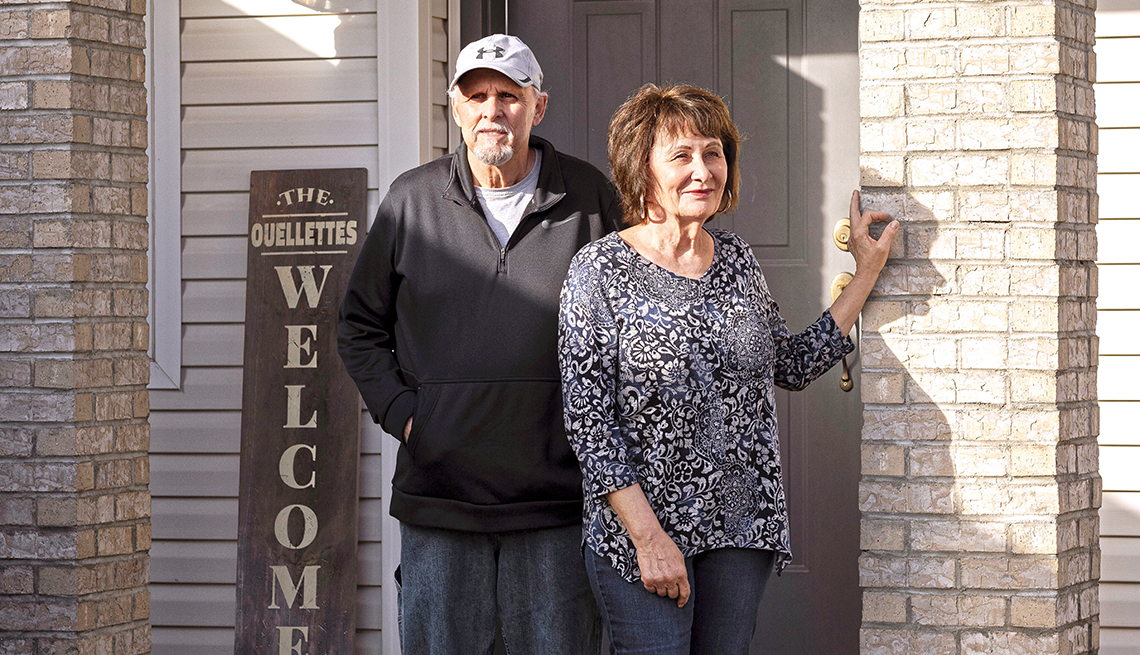
- Select a language for the TTS:
- UK English Female
- UK English Male
- US English Female
- US English Male
- Australian Female
- Australian Male
- Language selected: (auto detect) - EN
Play all audios:
Significant concerns about privacy and security doubtless will dog any tracing app. Many people worry about having their movements tracked. This is a common misconception, though. While some
apps, like one in India, use GPS location information, the Apple-Google program does not and cannot actually follow anyone's movements, according to the companies. Instead, the system
uses the low-power Bluetooth wireless beaming feature of phones (usually those made after 2006) to ping nearby smartphones that are also running the app. Later, if a person is diagnosed
through a certified, validated test, the app will anonymously alert all of the phones the individual came in contact with in the past two weeks, the possible incubation period for the
disease. You won't know specifically who, when or where you were exposed, and the information is stored on your smartphone, not on a central computer owned by a government or computer
company. The international jury is still out on the Apple-Google approach to tracing. Germany, for one, recently decided to use the technology giants’ approach, but the United Kingdom has
decided to develop its own app with Oxford University researchers and tech companies. A SOLUTION TO LONG-TERM PRIVACY WORRIES One fact not in dispute: Very little tracing is being done to
curb the epidemic now. In the case of the New York City couple, no one called or otherwise contacted any neighbors who were exposed. In the U.S. and other countries, privacy advocates know
that private companies already track smartphone owners. And those companies sell the information to other companies, all without government regulation or oversight. In Australia the
government has decided to make it illegal for COVIDSafe app data to be used for any purpose other than infection alerts. But even with encryption and legal safeguards, security is always a
risk. Keeping the information out of centralized databases makes it more difficult — but not impossible — for hackers to access it. That's why the nonprofit Electronic Frontier
Foundation says the best solution is to make sure the contact-tracing app is retired when the pandemic is over. For all of us, that can't be soon enough.








